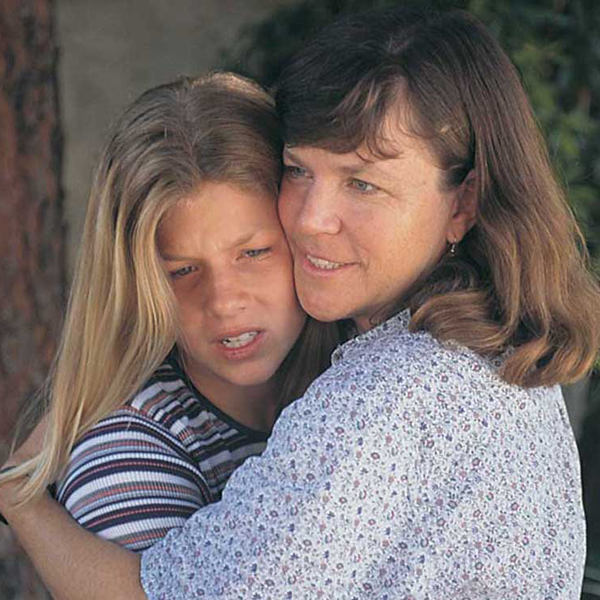Middle childhood is often the time when being an adopted child gets difficult. Leaving behind the fairy tale stories of their early years, preteens begin to focus on the dark side of their adoption saga. Yes, they were “chosen,” but first someone had to “give them away.”
Why do some children seem to cope with this realization, while others are torn with feelings of anger, fear, or depression? The difference, researchers say, lies in how well they’re prepared.
Preparation is Key
Most parents begin to discuss adoption with their child long before the complex topic can be understood. Even if a child doesn’t fully comprehend the story, he grows used to hearing it. Being adopted is something they have always known. But the true test comes as a child ages and starts to think about loss: he may feel abandoned, alone, and very, very different.
That’s how Ann Prescott felt when she was 11 years old. She tried to speak to her mother about her feelings, but her mom’s response, although loving, was hardly helpful. “Don’t be silly,” Ann’s mother said, “I love you as if I’d given birth to you.”
Now 45, Ann doesn’t doubt for a minute that her mother loved her. But she never again brought up the topic of adoption. Her feelings went underground, where, she says, they ate away at her confidence and self-esteem.
Two Types of Families
In studying adoptive families, sociologist H. David Kirk divides them into two categories: the “acknowledgement of differences” families and the “rejection of differences” families. Parents who acknowledge the familial differences that come with adoption, says Kirk, are more likely to create an environment wherein a child feels comfortable raising difficult issues. Families who reject discussion of these differences, he says, transmit a message — willingly or unwillingly — that adoption must not be spoken of.”
Often it’s the child who doesn’t feel free to talk, to ask questions, to be sad, for whom the adoption question becomes a big weight. He may bury it for years, but he will carry it everywhere.
Elizabeth Johnson, on the other hand, never felt that being adopted was a big deal. Now 40, she remembers her mother speaking openly about Elizabeth’s birth mother, even though she knew little about her. “We’d wonder together what my birth mother was like,” Elizabeth recalls. “Once when I was 10, we sat down together and drew pictures of what we thought she looked like.”
Two Types of Children
Elizabeth’s positive attitude probably stems from a childhood where she felt supported in her difference. Or, says Dr. David Brodzinsky, author of Being Adopted, she may be one of those lucky children who was simply “born resilient.”
These children have inherent personality traits that make life’s tough patches seem smoother. Blessed with an easy-going temperament, they cope better with whatever difficulties life throws their way. Like everything else, adoption is nothing they can’t handle.
Sally Peters, a mother of two teens — one biological, one adopted — has witnessed their different natures and feels sure that personality has played a major role in how each has adjusted in life. “My adopted daughter, Sarah, is easy-going, nothing fazes her,” says Sally. “But my biological son, Josh, is all emotion. He feels everything in the extreme. I often tell myself that if Josh had been adopted, we’d all have had a harder time adjusting. He wouldn’t have handled it as well as Sarah.”

